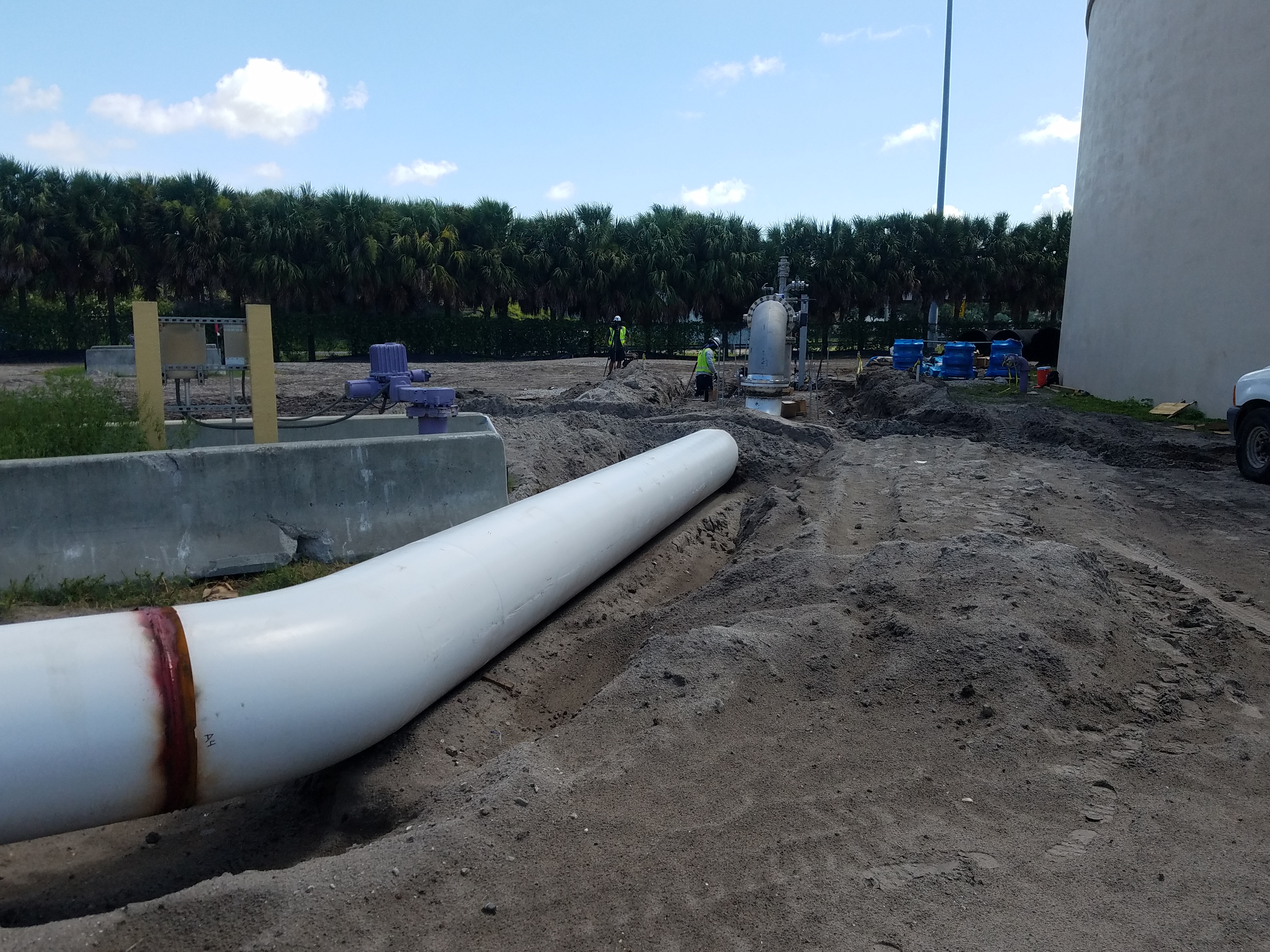
UPDATE, Friday 6 April 2018: Governor Rick Scott has vetoed this bill. In the veto statement, Scott said “I’m not convinced that this legislation will not muddle Florida’s protection of our aquifers.”
A Florida bill recently passed by the state legislature would allow more treated sewage to be pumped into the aquifer; it’s a bill that critics call “toilet to tap.”
HB 1149 encourages the disposal of treated wastewater (often called reclaimed water) in surface waters or the drinking water aquifer.
Linda Young opposes the bill and is pushing for Governor Rick Scott to veto it. She’s executive director of the Florida Clean Water Network.
Young pointed out that under the bill, the Florida Department of Environmental Protection would be responsible for implementing the practice. She criticized its environmental track record, especially in recent years.
She’s concerned that toxins like heavy metals, carcinogens and pharmaceutical drugs could get into the drinking supply.
Young suggested as alternatives water conservation, a look at the state’s carrying capacity and growth patterns and a study of how discharging sewage effluent into drinking water would affect human health.
Listen to this segment here:
Young also decried another bill passed by the Florida Legislature: HB 7043, which, if signed, would allow the FDEP to take over issuing wetlands destruction permits. Currently it’s the Feds — the Army Corps of Engineers — doing that.
7 Responses to “UPDATED: Will Rick Scott sign “toilet to tap” legislation?”
Leave a Reply










The scientific term for this is indirect potable reuse. To me this may be better than nothing, The ultimate goal should be direct potable reuse. This is where highly treated and monitored wastewater is recycled back through the water treatment plant that supplies potable water to the public. In reality, waste water is over 99 percent pure water. This water needs to be reclaimed and reused. The truth is that all water is recycled and used over and over again. Current thinking is that the effluent from waste water plants is a nuisance product that must be disposed of in some way. Often this disposal is dumping it to the sea either directly or indirectly via rivers. Waste water plant effluent has the potential to solve much of Florida’s water supply problems. It’s up to the Florida Legislators to pass the laws necessary to make direct potable reuse a safe and practical water supply as other states and countries have done.
In Polk County, the vast majority of reclaimed water is either piped to power plants to provide cooling water from a source other than the aquifer or used for lawn irrigation.
The problem with these type of environmentalists that, in my view, they claim that everything pollutes everything, and not one thing Rick Scott does are they happy about. They are fanatics. This is sad because you don’t know when to take them seriously, because everything is poisoning the waters, the lands, and humans.
I have no idea to take this one seriously or not. Sad, very sad, that these so-called environmentalists can’t zero in on things that really matter instead of firing shotgun blasts across the board at every little thing, especially when Republicans are behind them. This person is hollering about sink holes, selling water, and that’s I’m sure just the tip of the seas.
At least Marie Antoinette gave us cake. The elites nowadays are openly suggesting we eat (or in this case drink) sh*t.
Mac Ba:
As I clearly noted, I don’t know and you don’t know whether even 1/10th of what you’re saying is true.
There are several communities in Florida that are already treating raw sewage and serving it back to their citizens as potable drinking water. I don’t really care how much the water has been “treated”. I don’t want to drink the chemical concoction that comes back as drinking water. Please protect my clean, pure, water.
You don’t have to be a scientist to know Florida’s aquifer is shallow and thus easily polluted. Over the decades the underground gas tanks (from which people pumped gas) have corroded, and toxins seeped into water supplies. That problem goes back decades and in the 1980s, when this state started the clean up program of old and abandoned gas stations. Over-building has taken its toll by eliminating places for run off. Everyone better be concerned. Look at what happened in Flint, MI. Yes this state does treat its wastewater. But that’s not a reason to say, oh hey we can now drink it. The most important thing any community needs is a supply of fresh clean water. Without that, you are doomed. Thanks for an important show and a well informed guest.